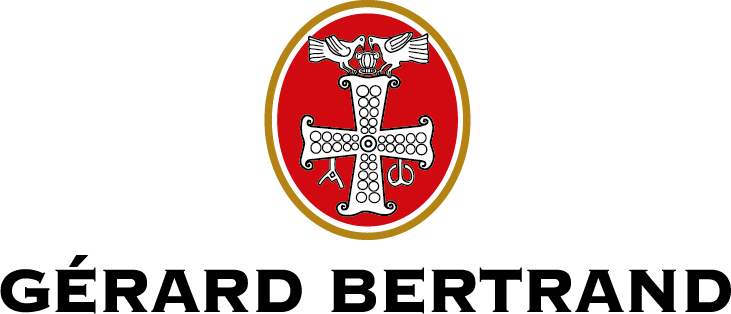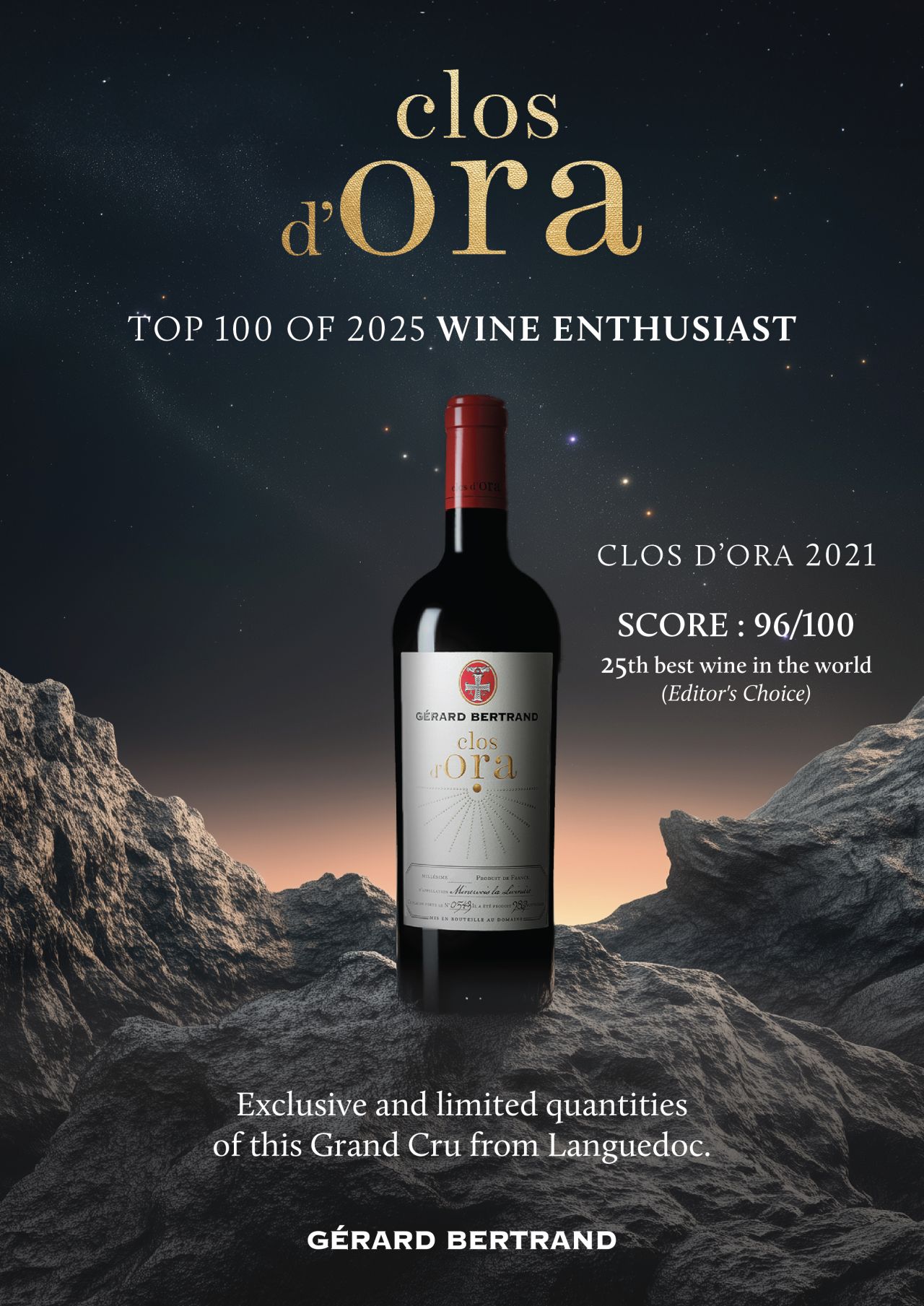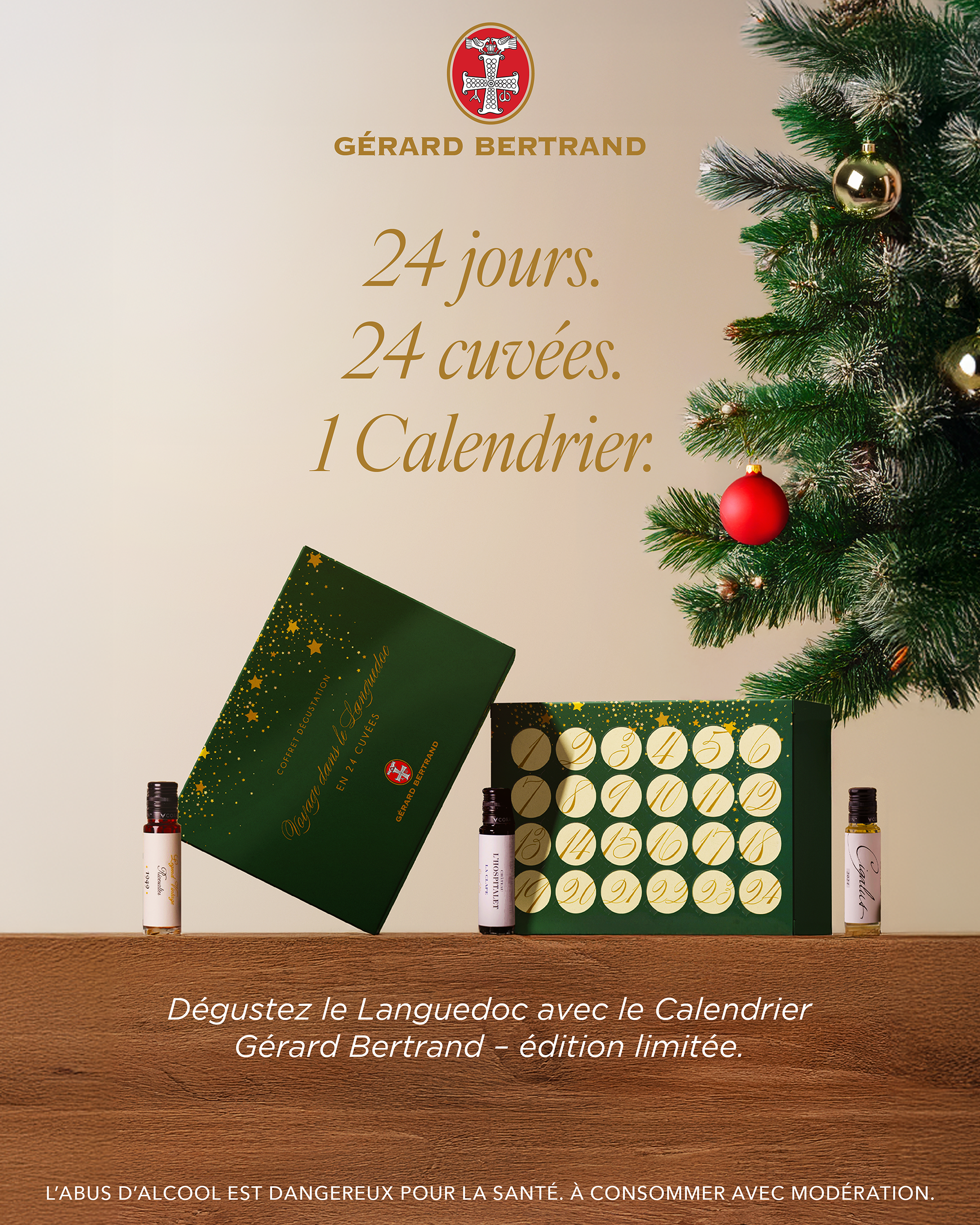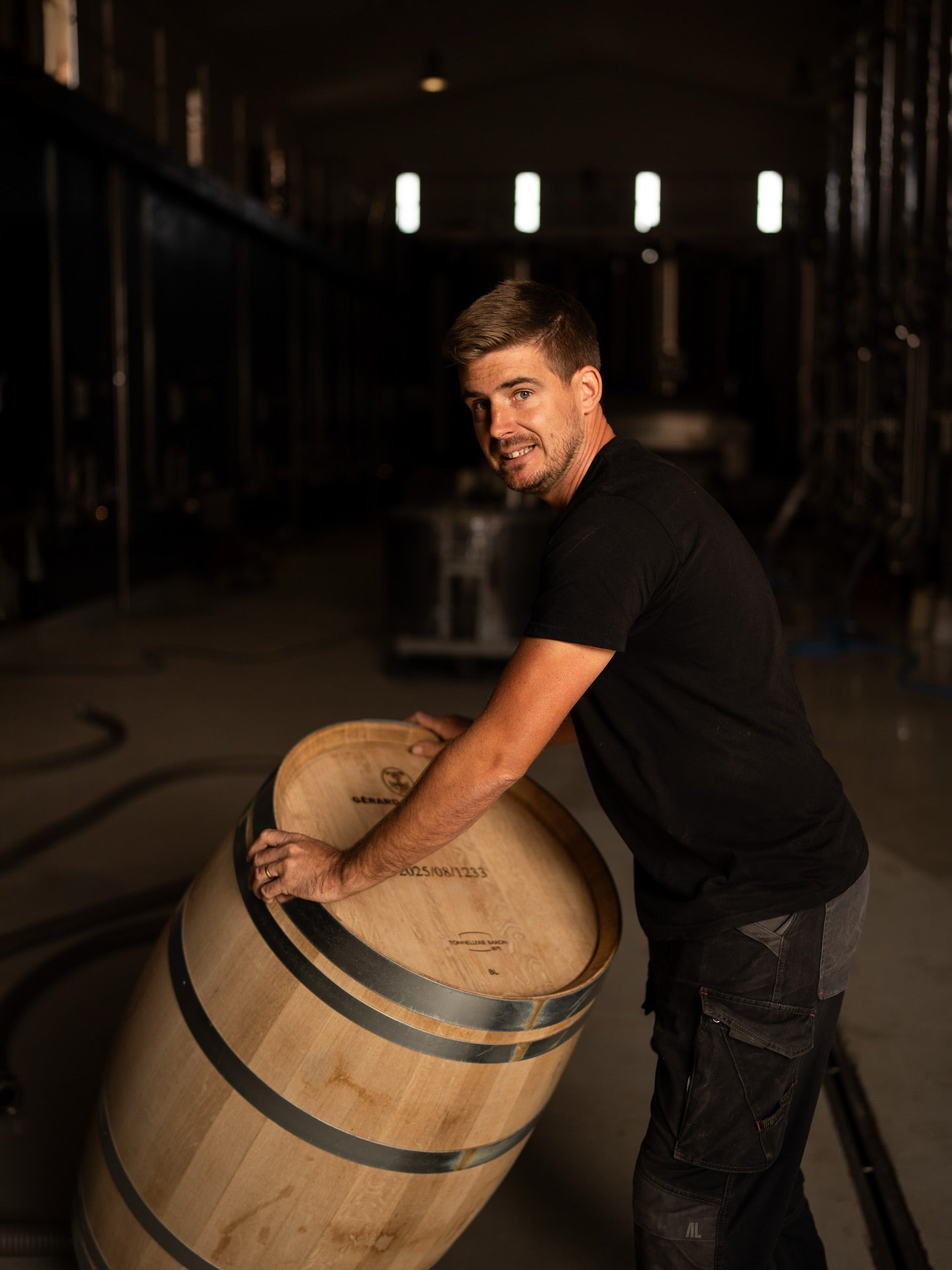Le vin idéal en 4 questions
FAITES LE QUIZZ



La méthode d’élaboration des vins rosés en biodynamie de Gérard Bertrand s’opère dans une vision holistique considérant comme un organisme vivant la vigne et son environnement, ainsi que le savoir-faire du vin rosé.
Tout ce qui vit est en constante évolution avec ses périodes de félicités ou ses manquements. Alors, la vigne est cultivée à l’aide d’apports naturels préconisés selon le calendrier biodynamique favorisant les composés organoleptiques des vins rosés.
Aussi, les vins rosés ayant suivi cette philosophie sont plus authentiques offrant une trame pure de l’expression de terroir lors de leur dégustation.

La biodynamie viticole est plus que bio puisqu’elle s’appuie sur des pratiques éminemment vertueuses.
Au-delà du protocole de l’agriculture biologique, des labels indépendants comme celui de Demeter certifiant les Vins de Gérard Bertrand fixent un cahier des charges des plus exigeant en biodynamie. En outre, il prend en compte, l’équilibre entre l’écosystème de la vigne avec sa faune et sa flore ainsi que l’intervention de l’homme.
Le travail de la vigne et la vinification du vin rosé sont effectués en fonction de l’influence des astres, du cycle végétatif de la plante pour déterminer des préparations sous forme de phytothérapie. Ces préparats subissent une dynamisation avant d’être apportés à la vigne afin de concourir à la vie du sol favorisant une meilleure vigueur de la vigne pour agir sur la qualité des vins rosés.
Dans le cadre des vins biodynamiques rosés chez Gérard Bertrand, c’est une terre d’amour et d’harmonie entre l’homme et la nature. Au sein de ce patrimoine, la biodynamie prend tout son sens. C’est pourquoi vigneron et ouvrier viticole dialoguent avec les vignes, les terres et les forces de Dame Nature. De toute évidence, le terroir des vins rosés ne s’exprime pas de la même façon et avec les mêmes techniques viticoles selon l’exposition et la situation géographique.
C’est donc à la suite de nombreuses décisions et de chaque façon culturale que se déterminent en définitive les cépages retenus pour l’élaboration d’un vin rosé biodynamique.
Découvrir la collection de vins biodynamiques Demeter Gérard Bertrand.
Les pratiques biodynamiques tendent vers l’abolition de tout intrant œnologique ainsi que l’utilisation des procédés visant à modifier l’équilibre naturel du raisin.
Sur les terres de Gérard Bertrand, cette pratique aux nombreuses vertus avec l’intervention de l’animal coule sous le sens. Comme le vitipastoralisme, en compagnie des moutons, en hiver pour entretenir l’enherbement des vignes. De cette façon, ils produisent de la matière organique qui nourrit les sols et ramène de la biodiversité.
Cependant, durant la saison, la mule ou le cheval travaille la terre avec précision autour de chaque cep de vigne. L’animal intervient comme le partenaire de l’homme tout en protégeant les vieilles vignes et en préservant l’écosystème. Ainsi, le système racinaire puise en profondeur les micronutriments dont la vigne a besoin. Comme c’est le cas sur les terres de Clos du Temple désigné meilleur vin rosé du monde en 2020, vin bio certifié AB et biodynamie.
Travailler les cépages en fonction de la structure du sol en biodynamie favorise l’activité microbienne. Ce qui régule le pH du sol. De la sorte, la biodynamie aide à la dissolution des minéraux des sols renforçant les arômes et les saveurs des vins rosés.
Aussi au cœur du savoir-faire des équipes de Gérard Bertrand, les cépages sont les reflets des terroirs sur lesquels ils sont cultivés. Ils expriment les composés minéraux argileux, schisteux et calcaire, et même graniteux révélant un caractère spécifique au goût du vin rosé comme des notes florales, fruitées ou épicées, décuplées.
La robe des vins rosés en biodynamie est brillante révélant des vins lumineux offrant une trame pure, lors de leur dégustation.
Nos vins rosés bio du Languedoc sont élaborés à partir d’un cépage blanc le Viognier et de cépages rouges comme le Grenache qui livre une bouche ronde, ample et puissante aux parfums de fruits rouges, de pêche, d’abricot, d’épices et de thym. Alors que le Cinsault apporte au rosé, sveltesse et finesse, il contribue à sa couleur pâle.
Quant à la Syrah, elle structure le vin et procure des arômes de fruits rouges ou noirs et d’épices. Le Mourvèdre, lui, aime les terres chaudes. Il retranscrit des vins rosés structurés, aux arômes de fruits mûrs, de violette et d’épices.
La dégustation : c’est le moment de vérité ! Bien sûr qu’avec de Grands Vins Rosés les accords mets et vins sont simples. Puisque le rosé accompagne toutes variétés de plats et de garniture aussi bien pendant l’apéritif que tout au long d’un repas. Néanmoins, la reconnaissance lors de sa dégustation par des professionnels du vin est le moment de consécration. En effet, quoique ces vins soient produits dans le respect de l’environnement, de la singularité du terroir et d’une élaboration précise et délicate.
Lorsqu’un de ces rosés est élu meilleur rosé du monde et reçoit le titre de “Master”, cela réconforte les initiatives prises et les efforts faits pour élaborer le mieux possible et avec éthique de Grands Vins. Gérard Bertrand travaille en ce sens, à l’égard du Grand Vin Rosé Clos du Temple, le meilleur vin rosé du monde naît dans le berceau des vins rosés.
Cette distinction est attribuée par de fins dégustateurs qui établissent l’analyse olfactive, à l’aveugle de centaines de vins rosés. Ils sont à l’affût du moindre défaut et à la recherche du style le plus pur, racé et sans maquillage révélant avec virtuose la personnalité du terroir. Les mentions, les citations dans les magazines spécialisés et les notes des professionnels du vin sont des récompenses témoignant du travail de précision effectué dans les vignes et en cave.
Le Quizz pour choisir quel vin biodynamique vous correspond le plus.
Liste des vins rosés biodynamiques :
- Clos du Temple 2021 et son étui : une œuvre d'art à offrir
- Domaine de Villemajou : 6 bouteilles de vin rosé des Corbières en agriculture biologique et biodynamique, 2021 certifié DEMETER, aux parfums de boisé vanillé, rond en bouche et tout de même puissant.
Et aussi,
- Art de Vivre : 6 bouteilles de vin rosé A.O.P du Languedoc pour réutilisez la bouteille à l'infini
- Ou encore, découvrez la collection de nos vins rosés.
En apprendre plus sur le vin orange, le vin rouge ou le vin rosé et tout savoir sur le vin rosé biologique.
Découvrez les meilleurs vins Gérard Bertrand :

Nous sommes fiers d’annoncer que Clos d’Ora 2021 figure 25e dans le top 100 des meilleurs vins au monde selon le Wine Enthusiast, avec une note exceptionnelle de 96/100.Véritable ambassadeur des gr...
Read more
La première édition de notre Calendrier de l’Avent est disponible en précommande.Un coffret en 24 étapes pour découvrir les plus belles expressions du Languedoc : vins iconiques, millésimes rares, ...
Read more
Sur les terrasses du Larzac, Nathan Cotes, Chef de culture au Château La Sauvageonne, façonne chaque jour l’âme de nos vins. Il évalue l’état et la qualité de la vigne et des raisins tout au lon...
Read more